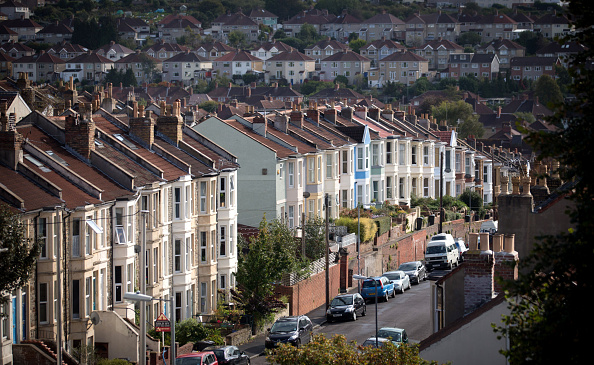Let’s be honest, stamp duty is a terrible tax killing economic growth and productivity

Tomorrow’s mini-budget is turning into a super-budget. The changes were already looking drastic, from the energy price freeze and scrapping the bankers’ bonus to reversing the national insurance and corporate tax rises. The latest reports suggest the prime minister and her chancellor are even intending to cut stamp duty.
“This is about growing the size of the pie,” Liz Truss told reporters in New York this week. The prime minister has committed to taking on “vested interests” to boost investment, increase economic growth, and deliver higher wages. This is a radical departure from – and much clearer messaging than – recent governments.
Britain’s dysfunctional property tax system is a good place to start the reform effort. Stamp duty is this country’s worst tax. It makes no sense to tax a house based on how often it changes hands. The tax disincentives transactions, gumming up the already-broken property market. It has become fiendishly complex with various bands and surcharges, raising unnecessary advisory costs for individuals and businesses, and administrative costs for HMRC.
In practice, stamp duty discourages empty nesters from downsizing. This means cramping younger families into smaller homes. This, in turn, means even fewer homes available for first home buyers. It makes it more difficult for workers to move to the best opportunities. There are fewer houses built because of fewer transactions. Everyone is worse off as a result.
Taken together, stamp duty is a large drag on our productivity. The Australian Treasury, in an authoritative study, found that stamp duty leads to an economic and welfare loss of 72 cents for every $1 of revenue raised — making it by far the worst major tax. A separate study found that for every 10 per cent increase in stamp duty the impact is 6 per cent fewer property transactions.
The stamp duty cut is being criticised over concerns it will just increase demand and prices. Indeed, prices went up after Rishi Sunak’s temporary stamp duty cut during Covid. But this had just as much to do with low interest rates, Covid-19 savings and the desire to relocate.
An earlier study, of the UK’s 2009 stamp duty holiday, found that for every £1,500 in reduced stamp duty the impact was £600 higher prices. But that means, post-tax, buyers were £900 better off. This means cutting stamp duty increases affordability.
The other concern will relate to revenue. But the expected loss from abolishing stamp duty would be significantly less than the headline figures suggest, as more transactions could feed into higher revenue in other ways – for example revenues from new build properties, income tax from better-paid workers, or VAT from household good purchases.
The cost could also be recovered by updating council tax calculations and bands, or more radically, by replacing council and business rates with a land value tax. This would mean a fairer tax based on the underlying land value, rather than the building, addressing how the property tax system discourages investing in improvements.
Reforming property taxes will not address the underlying driver of our housing woes – a planning system that prevents building anywhere near enough homes in places that people want to live. It could, nevertheless, mark the beginning of an important effort to fix Britain’s tax system to boost economic growth.